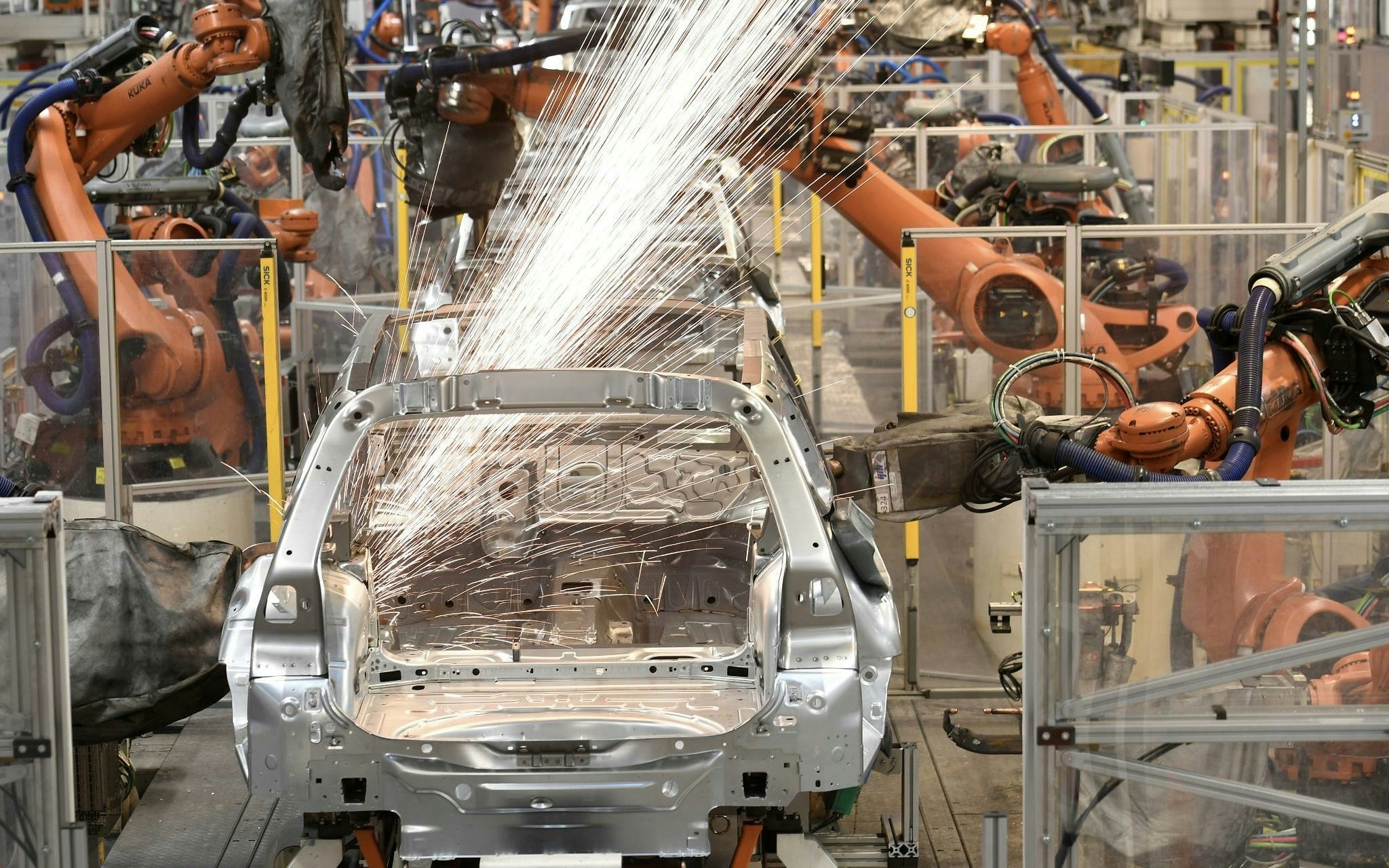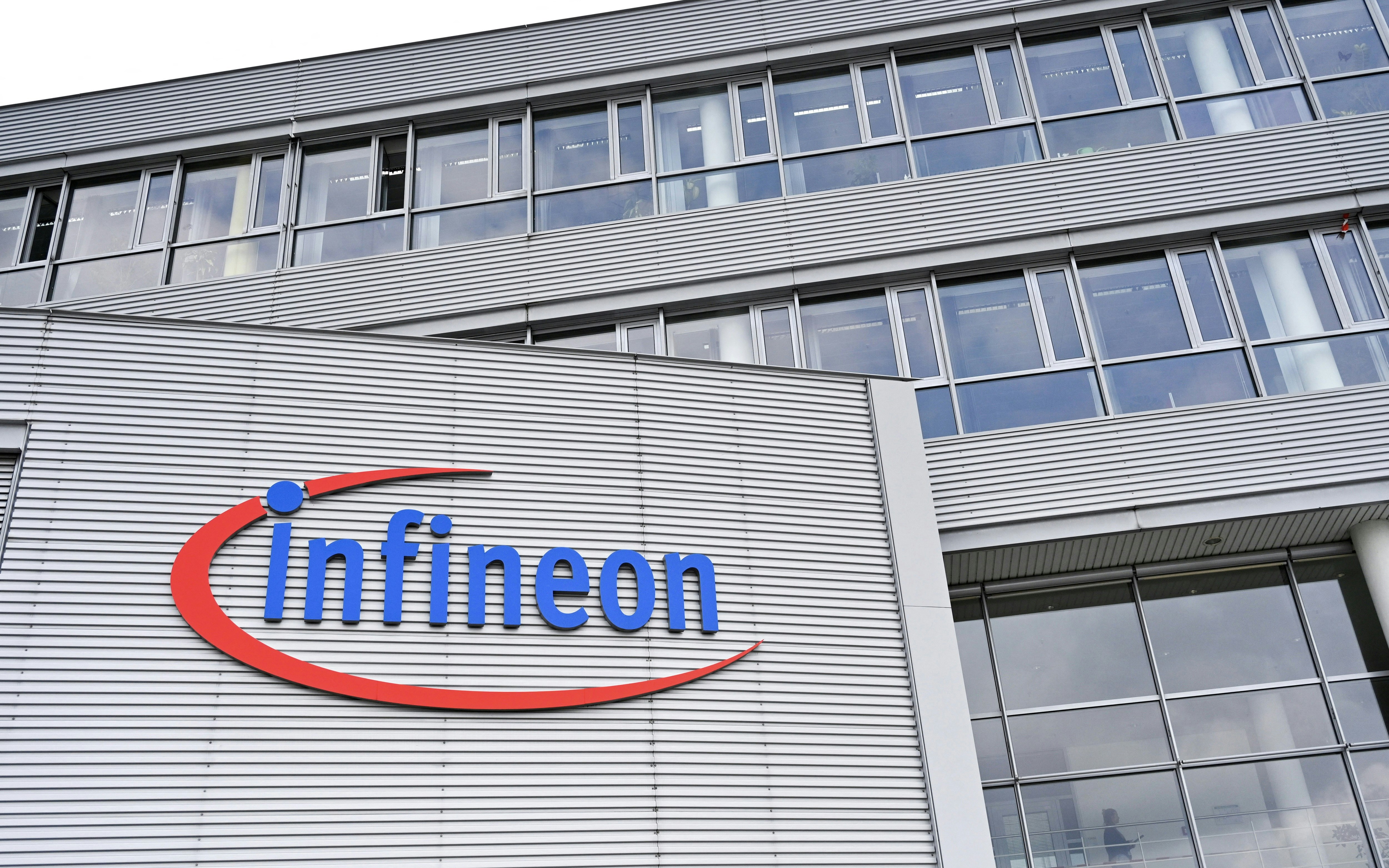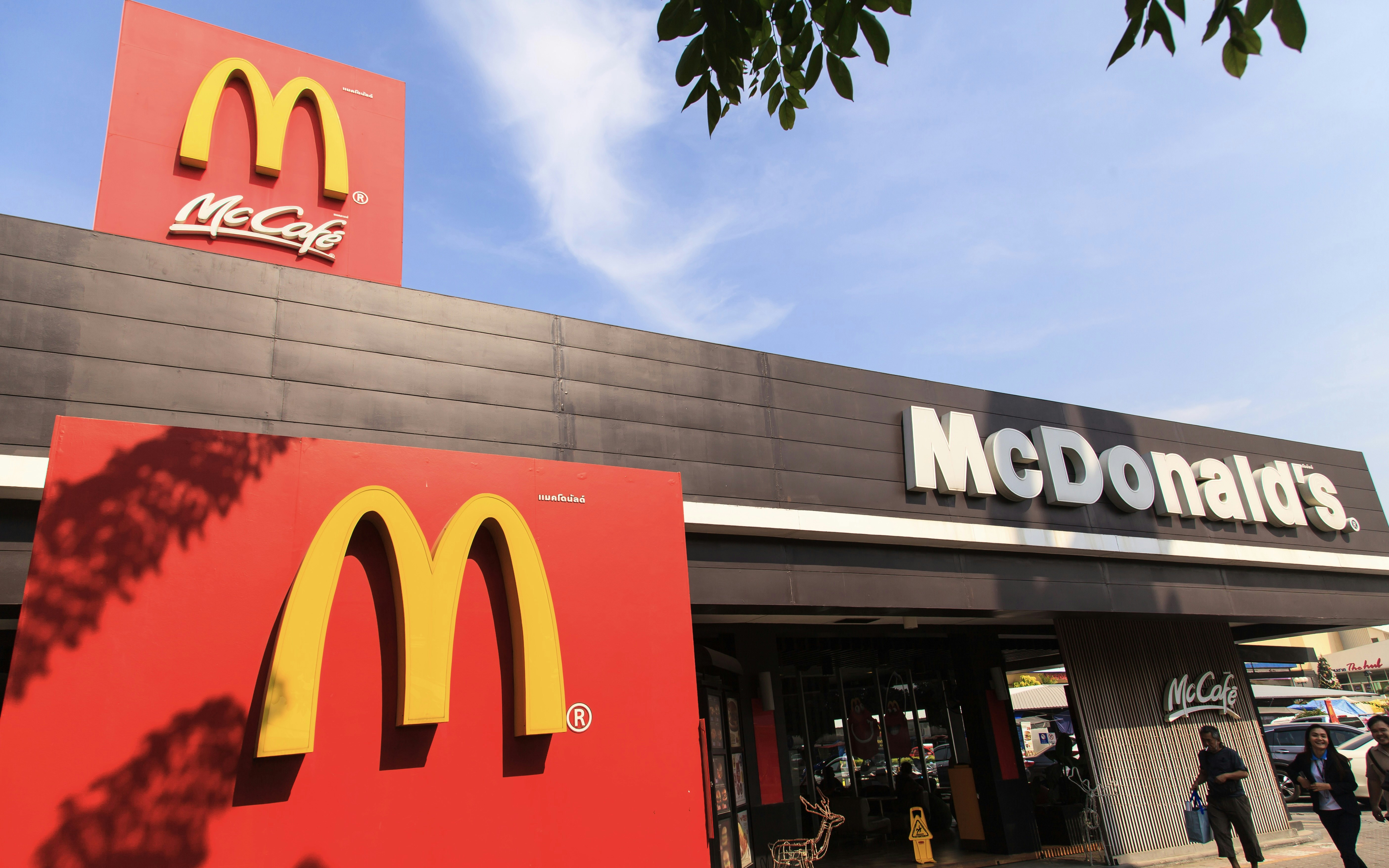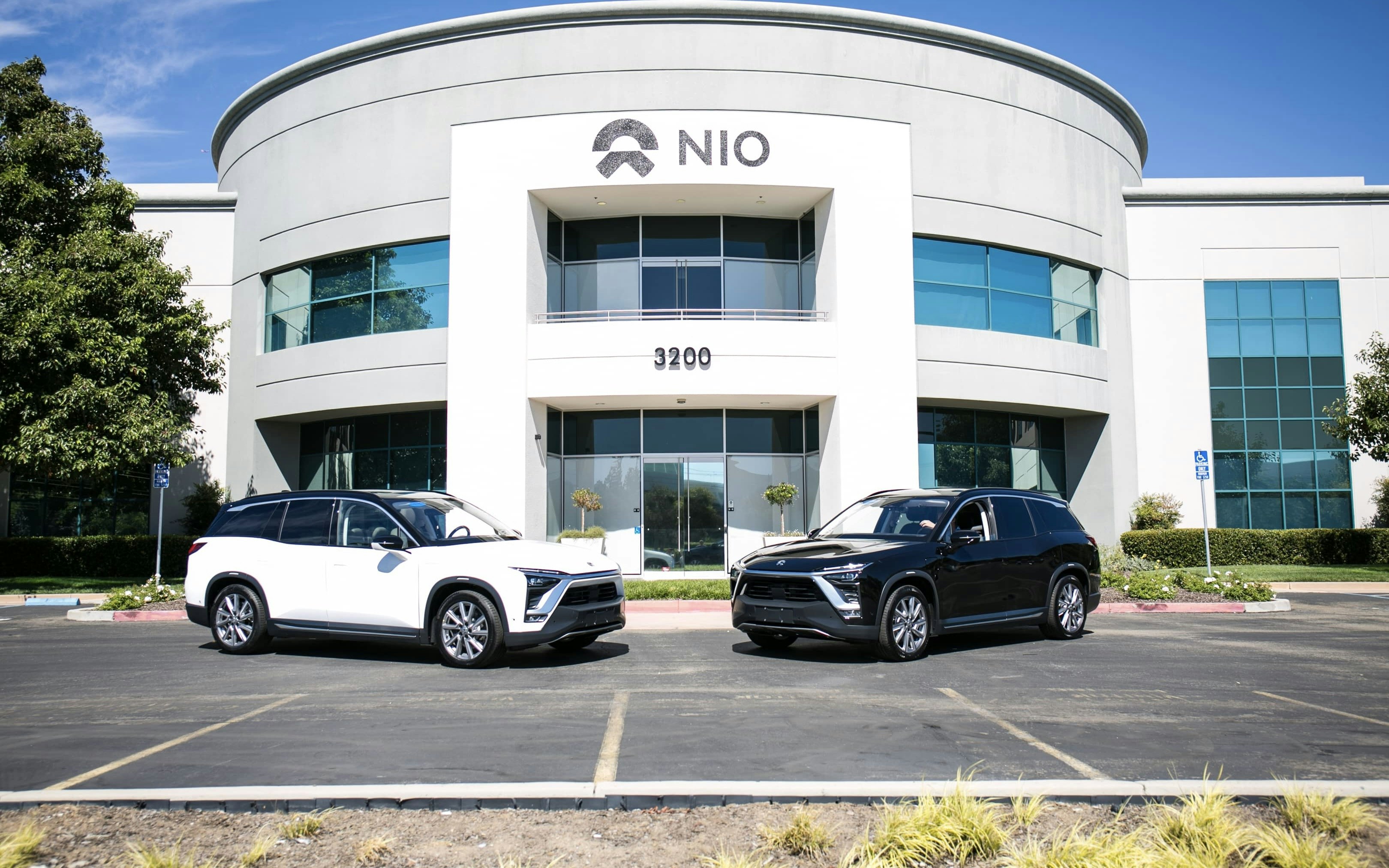Volkswagen plans the closure of at least three German plants, the reduction of tens of thousands of jobs, and a 10% salary cut, as announced by the works council chairperson, Daniela Cavallo, on Monday. These drastic measures mark the first time in the company's 87-year history that production facilities in Germany are to be closed.
The decision comes amid intense competition in China, declining sales in other key markets, and the costly shift to electric vehicles. Volkswagen has already issued two profit warnings in the last three months, highlighting the urgency of necessary restructuring. CEO Oliver Blume feels compelled to take radical measures to ensure the company's competitiveness.
We need to optimize our global operations and reduce costs," stated Blume. The affected production site is one of the ten plants that primarily supply the core VW brand. Thomas Schäfer, head of the VW brand, emphasized that the German plants have twice the operating costs compared to the competition, and the revenue from vehicle sales is too low to cover the rising costs of energy, materials, and personnel in the long term.
The works council, which holds half of the supervisory board mandates, demands a retraction of the plans within two days. Cavallo threatens with strikes if management does not change course. "Oliver Blume is playing with the risk that we will break off talks and the workforce will have to act to secure our existence," she said.
The reaction of the unions is resolute. Thorsten Gröger, negotiator at IG Metall, warns of massive resistance: "These cuts will trigger a resistance movement that we cannot imagine." At the same time, politicians criticize Volkswagen's management decisions, with the government spokesperson emphasizing that leadership errors should not be passed on to the employees.
Matthias Schmidt, independent automotive analyst, predicts the closure of two plants following upcoming negotiations. "Volkswagen is using political maneuvers to enforce the desired conditions," says Schmidt.
The challenges in China further exacerbate the situation, as local brands like BYD gain market share. Porsche, majority-owned by Volkswagen, recorded a 41% decline in profit in the last quarter.
Volkswagen now expects an operating profit margin of about 5.6% for 2024, down from the earlier forecast of 6.5 to 7%. The company's shares closed 1% lower on Monday.







